TV SERIES WRITING
MONDAYS & WEDNESDAYS
6 PM PT / 9 PM ET
19 FEB 2025 - 31 MAR 2025
DURATION:
6 WEEKS
MONDAYS & WEDNESDAYS
6 PM PT / 9 PM ET
Create storylines and characters that hook audiences, keep them engaged, and have longevity.
Learn first-hand from Jason Ganzel, a seasoned television writer with 25 years of experience, to start developing rich characters, immersive world-building, and captivating story arcs.
THIS COURSE IS FOR YOU, IF...
-
YOU ARE A WRITER ASPIRING TO LAND A PROJECT
Our course is designed for aspiring creatives! While you may have a solid foundation in various writing formats, we’ll equip you with the specialized skills and insider knowledge needed to thrive in the TV business.
-
YOU ARE A MEDIA PROFESSIONAL
Have some experience in content creation and production? This course will provide you with essential writing skills and industry insights, empowering you to transition seamlessly into scriptwriting.
-
YOU ARE A FILM & TV ENTHUSIAST
Transform a passion for storytelling into a rewarding new career. Tailored for career switchers with lots of drive but no experience in the industry (yet!), this program will help you navigate the structure, key players, and expectations of TV writing.
Our students work in 1600+ companies worldwide
The demand for fresh and original content is skyrocketing.
You can turn your ideas into the next big hit. From creating compelling loglines to developing complex characters and plotting multi-season story arcs, you'll gain all the essential skills to bring your concepts to life.
Learn directly from the writer of Desperate Housewives, Graceland, Grey’s Anatomy, and more.
Shape your ideas into a pitch-worthy series through easily accessible classes and practical assignments, all while receiving personalized guidance and real-time feedback from Jason during live Q&A sessions.
Learn from iconic series like Breaking Bad, Modern Family, and Succession. Collaborate with fellow aspiring writers during hands-on workshops on concept development, set ups, plot twists, and feedback.
You'll culminate your learning by creating a market-ready pitch for your original TV series, refining it based on feedback. This pitch is your chance to land a deal, sell your script, or attract an agent - empowering you to take the next step in your TV writing career.
Learn effective pitching techniques, the importance of networking, and the roles of agents and managers. Get ready to confidently present your ideas and seize opportunities in the competitive business.
JASON GANZEL
Portfolio- TV writer and co-executive producer with 25 years in the industry.
- Spent seven years writing for Desperate Housewives and continued writing on shows like Grey’s Anatomy, Graceland, Queen of the South, Dynasty, and Naomi.
- Has multiple projects in development: the HBO documentary Fosters, sports drama Broken Rim with Matt Barnes and Kevin Garnett, Findlay Prep with Peter Dinklage and Carmelo Anthony, and IMG Academy with Untitled.
- Served as showrunner for Soul and Fury, a project with Debbie Allen and Terrence Howard.







And, ACTION! Get the ball rolling by meeting your instructor, getting an overview of the course, as well as an introduction to your final assignment.
- Instructor introduction
- Final assignment discussion
- Housekeeping
Final Assignment: Series Pitch Document
For your final assignment, you’ll create a market-ready pitch document for your original TV series concept, refining your ideas based on feedback from previous assignments. This pitch isn’t just an academic exercise — it’s your opportunity to land a deal, sell your script, or attract an agent. By the end of the course, you'll have a professional pitch that empowers you to take action and move your TV writing career forward.
Dive into Class 1 with the evolution of TV series writing and exploring the landscape of the current industry. Learn to identify the different types of productions and broadcasting platforms, from network to streaming, and gain an understanding of the role of a writer.
- Evolution of TV series writing & current context
- Productions & broadcasting types: Network, cable, streaming
- Current industry trends
- A ‘Day in the Life’ of a writer
- Creative collaboration & teamwork
It’s time to go back to the basics. Build a strong foundation in structure, character development, pacing, and research. Finally, apply this fresh knowledge in a hands-on workshop where you’ll watch and analyze a pilot episode.
- The basics: Structure, character outlines, pacing
- Researching & analyzing series
- Comedy & drama
- Plot vs. character-driven plots
- Workshop 1: Go through a pilot episode (watched before class) with your instructor and analyze it from structure to motifs
Assignment 1: Craft a logline for your original TV show concept.
Discover how to generate ideas using brainstorming and conceptualization techniques, blend and subvert genre conventions, and identify core messages and themes in storytelling. You’ll further learn how to craft effective loglines for your series concepts.
- Brainstorming & conceptualization techniques
- Blending & subverting genre conventions
- Core messages & themes
- Crafting effective loglines
- Workshop 2: Divide into breakout rooms and share 3-4 original concept ideas with the class. Leave with one idea to develop further
Assignment 2: Create a character description.
In Class 4 you’ll get into character basics. Explore the different types of characters, from protagonists and antagonists to supporting characters, delve into character arcs, and learn the difference between creating characters for comedy and drama.
- Defining antagonists, protagonists & supporting characters
- Character arcs & growth
- Creating characters for comedy & drama
- Case study analysis of characters
- Workshop 3: Divide into breakout groups and share your original character concepts for feedback
Assignment 3: Expand on the second assignment and enrich your world with your characters.
Now your characters are in place, time to build your world. Dive into set-up structures, creating effective character introductions, and understand the differences between series-long and pilot stories. You will also dip into target audiences and the marketability of your concepts.
- Set-up structures & genre-related variants
- Character introductions
- Series-long show, pilot story, timeline
- Target audiences & marketability
- Anatomy of a scene
- Workshop 4: Identify story arcs of characters within an episode
Hot tip: Setting up an arc early gives you a clear direction for your story. Learn everything from defining story arcs, understanding the role of subplots, and adapting arcs to fit different genre requirements.
- Defining story arcs
- Story arc types
- Subplots & interweaving narratives
- Adapting story arcs for comedy & drama
- Workshop 5: Outline the main story arc of the pilot episode for your chosen TV show
Assignment 4: Create an effective storyline for each character in your pilot episode.
Who doesn’t love a good bit of misdirection? Explore using foreshadowing to build suspense, employ red herrings to mislead audiences, and manipulate time in your narrative to create interesting and engaging storylines.
- Layered storytelling
- Foreshadowing techniques
- Red herrings & misdirection
- Temporal manipulation
- Workshop 6: In groups, flesh out the beats for your characters
Assignment 5: Take what you’ve discussed in the workshop and flesh out the beats. Provide a detailed progression of what happens to each character in the pilot episode.
Time to give your character a voice! Learn how to develop an authentic voice for your character, write believable dialogue, and balance exposition in your storytelling.
- Developing authentic voices for characters
- Writing believable dialogue
- Balancing exposition
- Writing dialogue for comedy & drama
Get into the ins and outs of what makes a good teaser. Learn to apply teaser writing techniques, build anticipation, and identify key elements and strategies of successful teasers.
- Teaser role & purpose
- Teaser structures
- Teaser writing techniques
- Building anticipation & excitement
- Case studies: Examples of successful teasers
Assignment 6: Investigate the different types of teasers and outline your opening for your original concept.
And to round it all off, explore the different season finale structures and learn to identify and avoid common mistakes when writing a finale.
- Defining the season finale
- Season finale structures
- Avoiding common pitfalls
Assignment 7: Write a few paragraphs outlining the shape of season 1 with additional areas to explore for season 2 and beyond.
A script is only as strong as its pitch! In class 11, you’ll analyze examples of successful pitches and apply these insights to develop your own compelling pitch document.
- Pitch document sections
- Pitch examples
- Workshop 7: In groups, practice elevator pitches and brainstorm ways to enhance them
Out into the world! This final class will prepare you for everything ‘real world,’ from your portfolio, pitching techniques, and networking to agents and managers. This is just the beginning of your journey - good luck!
- The pitch & your portfolio
- Pitching tips
- Networking & professionalism
- Agents, managers, & representation
- The future of TV Series Writing
What our students say
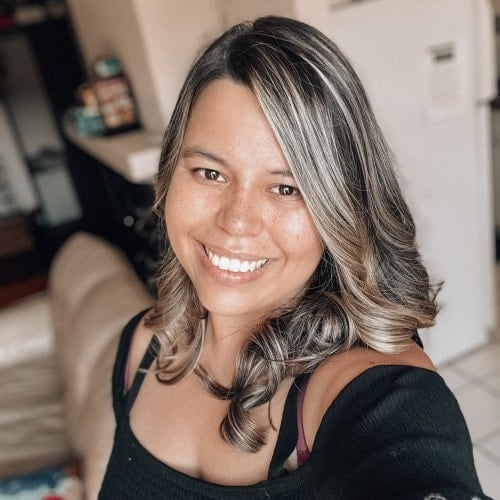
"I had an amazing time in this class. I feel extremely encouraged to write again and confident enough to apply for game writing positions. I don't think I could say that prior to taking the class."
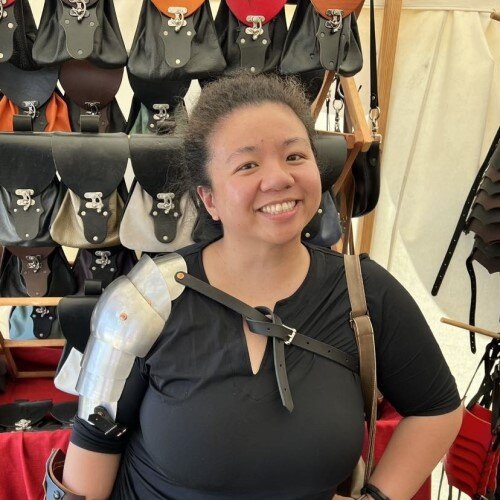
"The course is well-paced and the resources given are quite plentiful both during the lesson and on the slides. The assignments were challenging if you were new to a particular concept (ie screenwriting) but not only was there value in the exercise, there was great value in getting feedback from professionals."

"I think the best thing about this course happens to be having direct interaction with a current industry professional with opportunities to have instant feedback on certain ideas (if time is permitted) during classes."

"Great experience and staff...they were there to help you learn and understand along the way! The instructor was awesome, and had a wealth of knowledge about the subject matter, AI and Product Design. I really enjoyed the class and highly recommend ELVTR!"

"The group activities, they allow us to interact and exchange ideas, plus the way it is structured is challenging and mind twisting as we collaborate in different parts of the ideation."

"Overall I'm impressed with the level of detail and explanation around particular topics and subjects. There's a real depth to each module which for learning allows the information to stay in your brain."

"I really enjoy the format of the course. Lectures with real life examples and an ongoing case study. Also built in 20 minutes at the end of each class for questions is helpful."

"I enjoyed the structure of the class. I like how we learned about a topic and practiced it in the workshops. It’s helped me to apply what I learned!"





